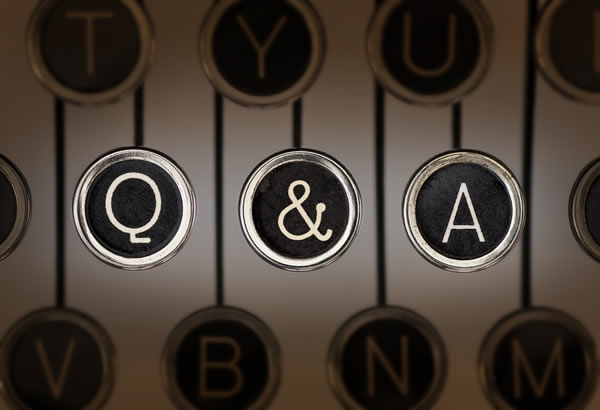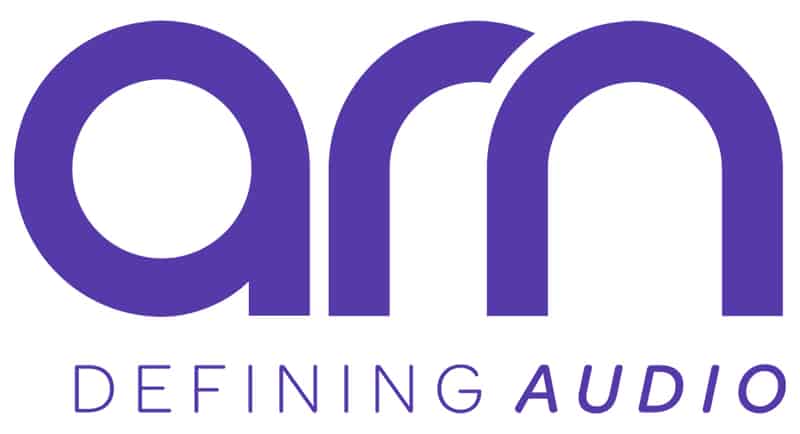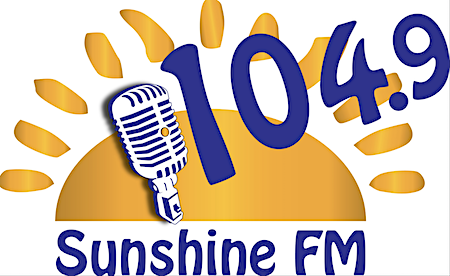Two Ears, One Mouth: The Art of Interviewing

I can’t remember who pointed it out to me, that as big as it was, I only had one mouth, and two ears. But God bless him or her. The media adviser to Prince Charles might have had a harder case to present, but that is by the by. In case you have not caught onto the subtlety here, for radio presenters, it is simple. Listen twice as much as you talk.
What makes a great interviewer is different from what is accepted as being able to do an interview.
Anyone can ask someone a bunch of questions and call it an interview. Good for you. But that is not an interview, and for those of you in radio, that should never, ever be the premise.
Do your homework on the person you are interviewing, but don’t get overwhelmed, because that will bog down the reason you are talking to them. Statistics are interesting to a point, but they lie and can be boring as bat droppings. Homework is subjective. For me, I need a basic outline, but I don’t want that to hide or divert me from what might be a great story I didn’t know anything about.
 Regardless of who you are interviewing, listening is your greatest tool, far and away ahead of any research you have done or been given by a producer. Adjust your questions to their responses and never forget your original objective – which should always be to do a great interview, not just fill a space in the schedule.
Regardless of who you are interviewing, listening is your greatest tool, far and away ahead of any research you have done or been given by a producer. Adjust your questions to their responses and never forget your original objective – which should always be to do a great interview, not just fill a space in the schedule.
I can’t count the amount of times I hear on air people (not interviewers) ask a question and get the response “As I said earlier …” They were not listening. One of my rules for producers is that unless the building is about to blow up or a major catastrophe is about to happen, don’t talk in my ears. I am listening to the person you went to so much trouble to book for the show. Let me hear them.
There is also a trend for on air people doing interviews (not interviewers) to have long winded questions that serve more to demonstrate their knowledge of the person or subject matter and have little to do with an actual question to illicit information or a response.
The question “How did you feel about that controversial penalty in the last five minutes?” becomes “How did you feel about that controversial penalty in the last five minutes, because I thought the ref was blindsided by the City goalkeeper and I remember thinking ‘How can he give that decision, he could not see it? He has to give him the benefit of the doubt,’ but you were right there right in the middle of it, so how did you feel about that penalty in the last five minutes, because it turned the game around 180 degrees, didn’t it?
Which of the questions would you answer?
There are two short questions in this gabfest.
How did you feel about the penalty in the last five minutes?
It turned the game around 180 degrees, didn’t it?
Never be frightened to ask a short question. Remember, less is more in most cases. There is plenty of time in the intro and outro to an interview to voice your opinion.
Don’t pretend to be an expert in every field, it will bring you undone. You can’t know everything, but you can have a feel for a story, an ability to engage someone in a conversation because you are genuinely interested in what they have to say.
Also avoid industry speak, or at the very least explain it, and don’t be frightened to ask what a flux capacitor is, or whatever. Let’s be honest: outside of radio, who knows what a cart wall is or cans? And I shudder to think what someone outside radio thinks a floater or a dump button is.
 I do sport radio these days and one of the most annoying habits of those doing interviews (not interviewers) is the use of nicknames from start to finish. I admit I have done this myself, and until I heard an interview where I didn’t know who ‘Knackers’ was, I did not fully comprehend how irritating this practice is. Familiarity is good but always let the listener in on who you are talking to and why.
I do sport radio these days and one of the most annoying habits of those doing interviews (not interviewers) is the use of nicknames from start to finish. I admit I have done this myself, and until I heard an interview where I didn’t know who ‘Knackers’ was, I did not fully comprehend how irritating this practice is. Familiarity is good but always let the listener in on who you are talking to and why.
Whilst it may not be art in the strictest sense, every interview is a blank canvas.
About The Author:
 Kevin Hillier has been behind the Microphone for 42 years. He’s also a writer and author and passionate about his footy with a couple of books under his belt.
Kevin Hillier has been behind the Microphone for 42 years. He’s also a writer and author and passionate about his footy with a couple of books under his belt.
Kevin is also a well-known voiceover artist around Australia and owns his own company Howdy Partners Media with his wife Sarah Patterson.
Kevin is also OnAir in Melbourne with SEN


